
The Role of Transformative Reparations in Building Justice and Sustainable Peace
To facilitate conflict transformation and sustainable peace, reparations must more fully address distributive justice and socio-economic harms and grievances on the collective level, rather than only corrective justice and civil/political rights violations on the individual level.
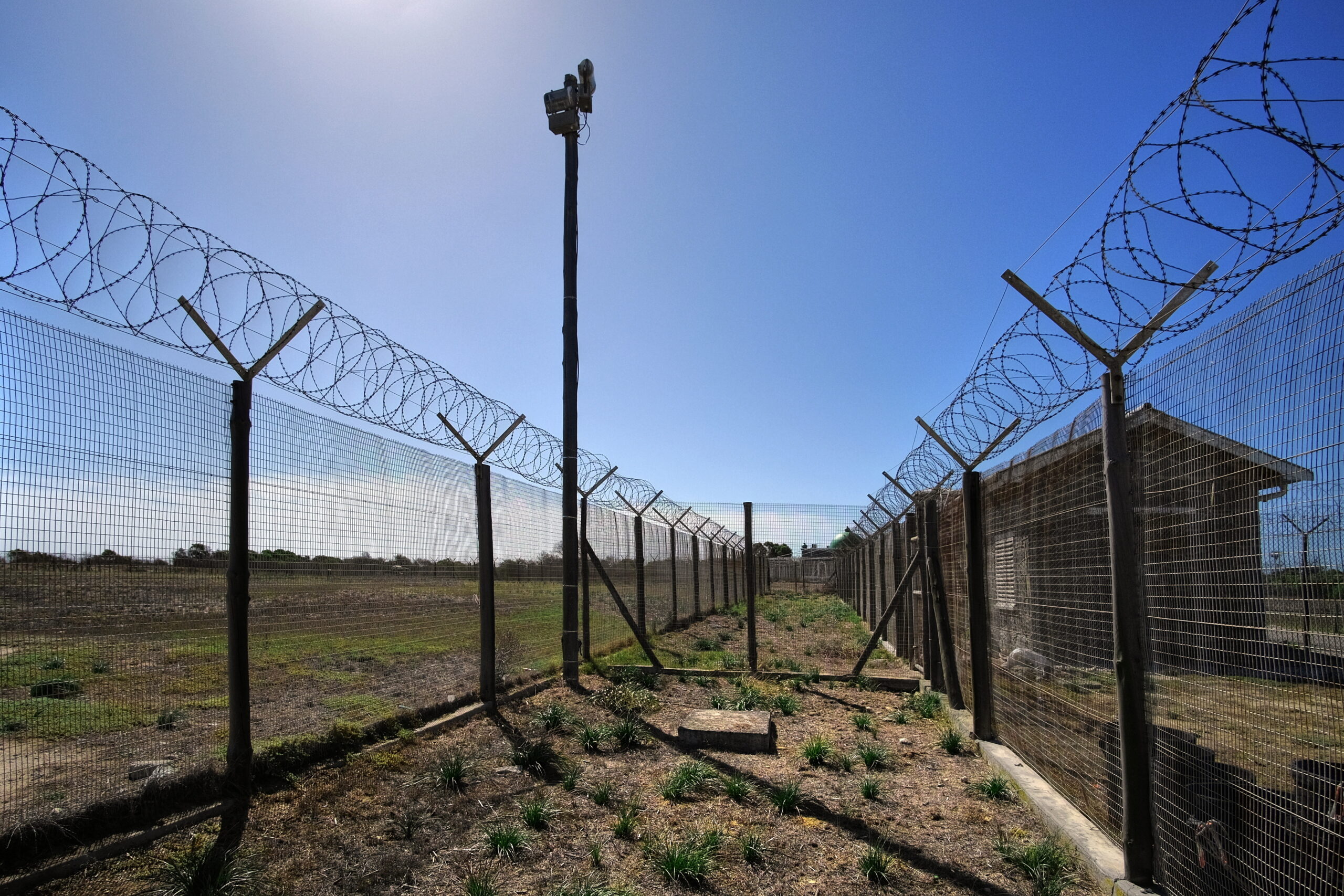
Prisons as a Training Ground for Nonviolent Resistance in Protracted Conflicts
In protracted conflict contexts where governments use mass incarceration as a form of social control, prisons become a site for nonviolent resistance as revealed in the three cases examined: Northern Ireland, Israel-Palestine, and South Africa.

War Prevention Initiative Statement on the May 2021 Violence in Palestine and Israel
May 27, 2021 PORTLAND, OR – The renewed violent escalation in the conflict between Israel and Palestine painfully reminds us to challenge militarism as the underlying driving force for repeated and ongoing political violence. Viewing this conflict from a position of feminist curiosity, the War Prevention Initiative (WPI) refuses to take for granted the current social and … Read more

WPI Research Intern Publishes Op-ed on Bystander Intervention
We’re happy to share this op-ed by our Research Intern Adam Arman. He argues that with the uptick in hate crimes against Asians, the misappropriated term “jihad” needs to be reclaimed as a way to build peace. Click here for the full op-ed: What Islam can teach us about bystander intervention
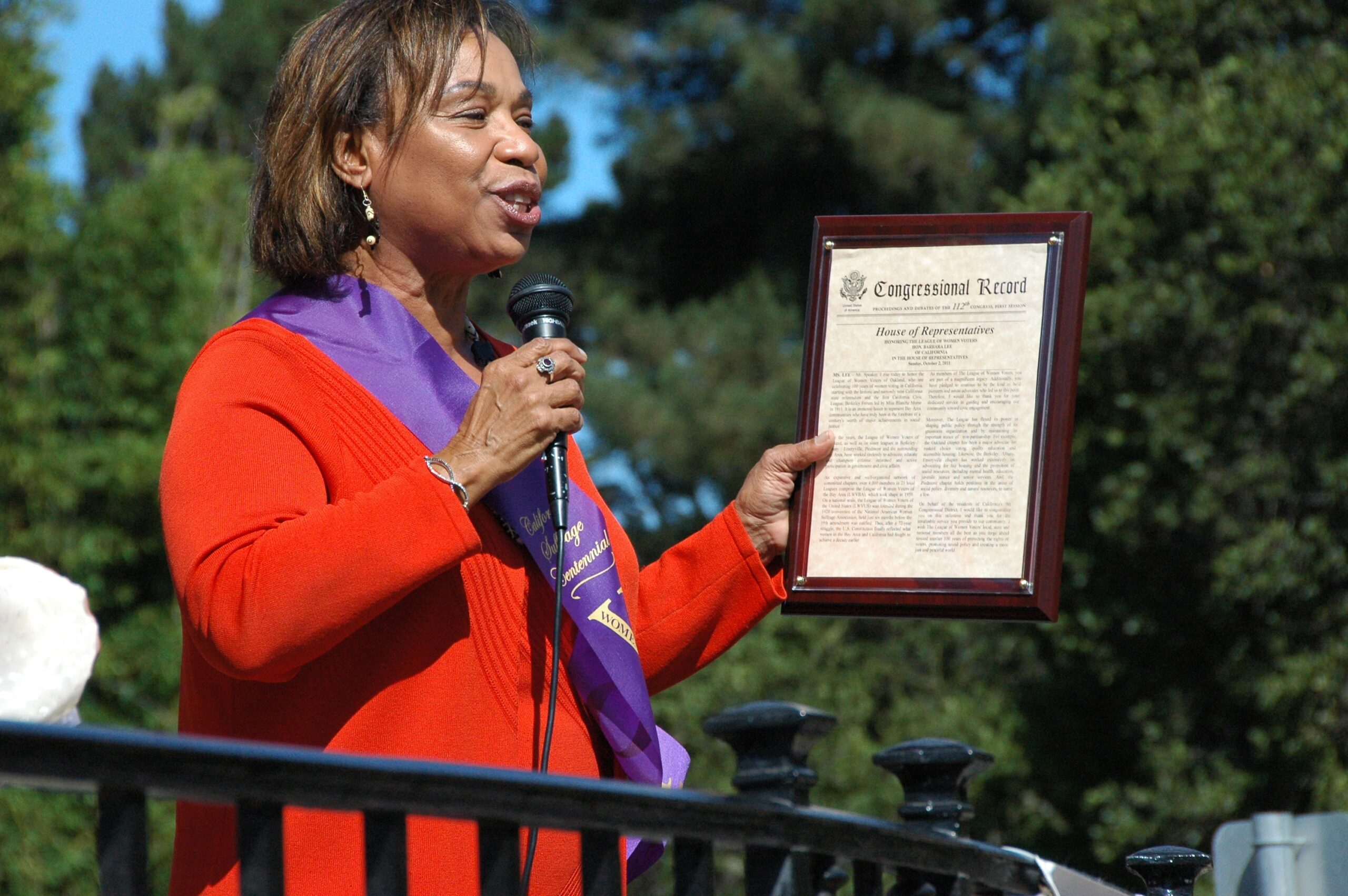
The Disruptive and Visionary Peacebuilding Discourse of U.S. Representative Barbara Lee
The dual dimensions of Rep. Lee’s peacebuilding discourse—critique but also envisioning a just and peaceful society grounded in the needs of underrepresented communities—shape her unique contributions as a congressperson.

Individual Motivations for Violence Against Industrial Mining in Eastern Democratic Republic of Congo
When faced with eviction from their worksites by large-scale mining operations and inadequate vocational reorientation programs, small-scale artisanal miners report a high likelihood of violent conflict erupting.
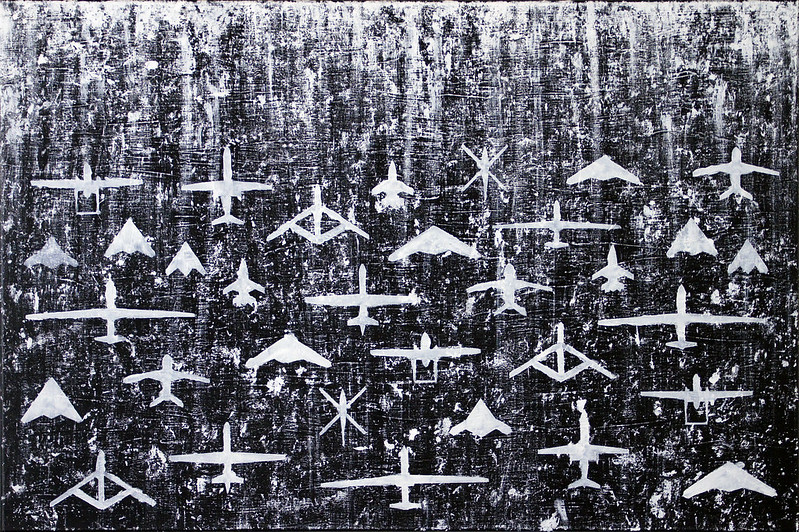
Artificial Intelligence in U.S. Counterterrorism and the Inescapable Fog of (Endless) War
Far from improving accuracy and “situational awareness,” the use of automation and artificial intelligence (AI) technology in U.S. counterterrorism operations simply compounds problems that already exist around the criteria for determining who constitutes a “threat.”
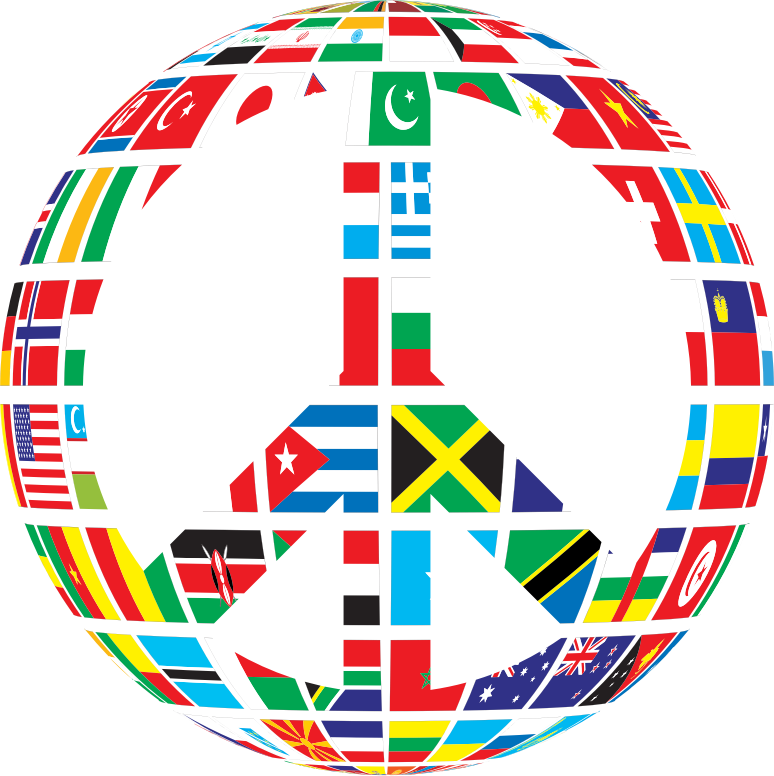
Existing Peace Systems Demonstrate Peaceful Intergroup and International Relationships Are Possible
The existence of peace systems, defined as “clusters of neighboring societies that do not make war with each other,” demonstrates that peaceful intergroup and international relationships are possible.
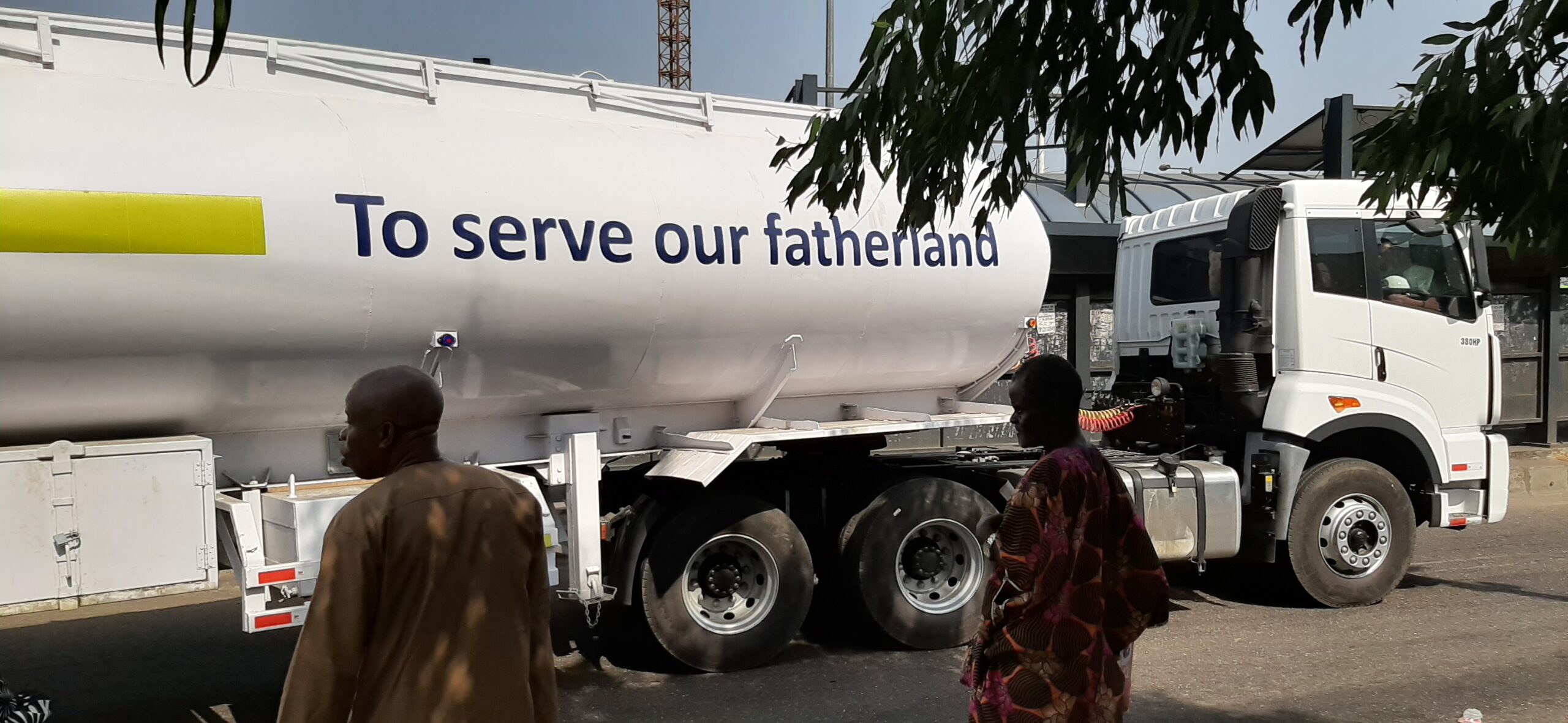
Evaluating Conflict Transformation in the Nigerian Oil Region
The disarmament, demobilization, and reintegration (DDR) program in the Nigerian oil region brought forth changes for ex-insurgents and community members across four levels to some extent—cultural, intrapersonal, structural, and interpersonal (CISI)—though interpersonal change did not extend to all conflict parties, hindering the conflict transformation potential of the program.

African Religious Philosophy as a Resource for Peacebuilding
Conflict resolution approaches drawing on traditional African religious philosophy—especially in the form of proverbs and art symbols that express the social values and moral codes ordering society—can complement and even substitute for formal political institutions and actors, “infusing some creativity, innovation and sustainability” into peacemaking efforts on the continent.

Local Insecurity in Post-Peace Accord Colombia
Differing perceptions of security between local communities and state security actors have important implications for local peacebuilding—namely, for how international, national, and local state and non-state actors can support peacebuilding in contexts with on-going violence by using the “‘local’ [as] a point of departure” for designing security and peacebuilding strategies.
